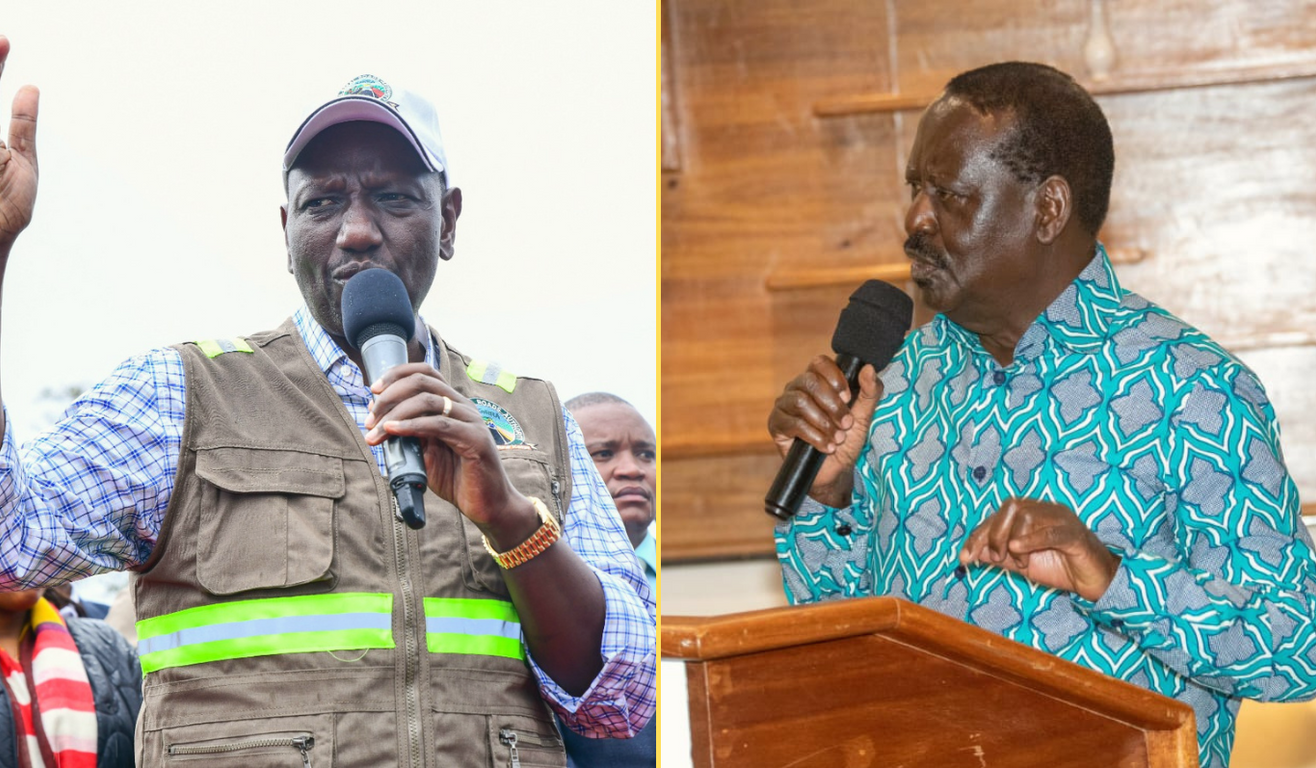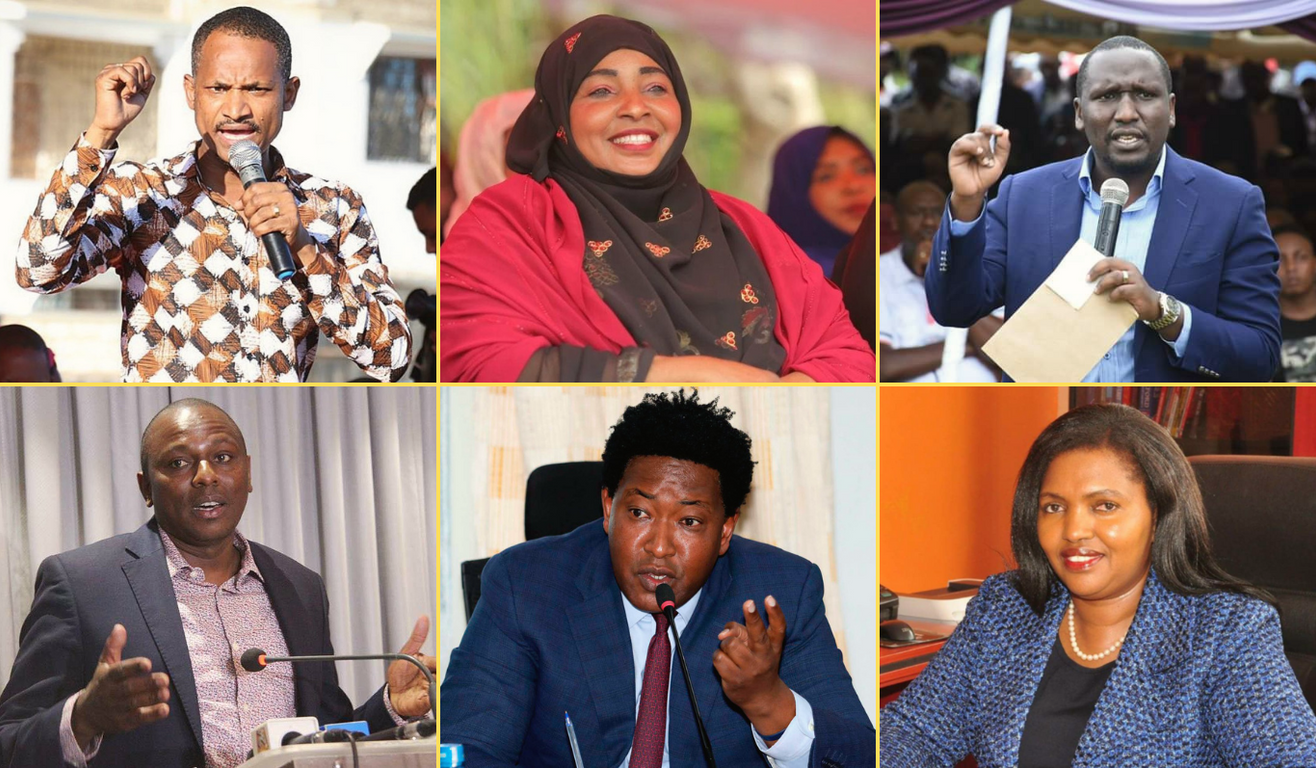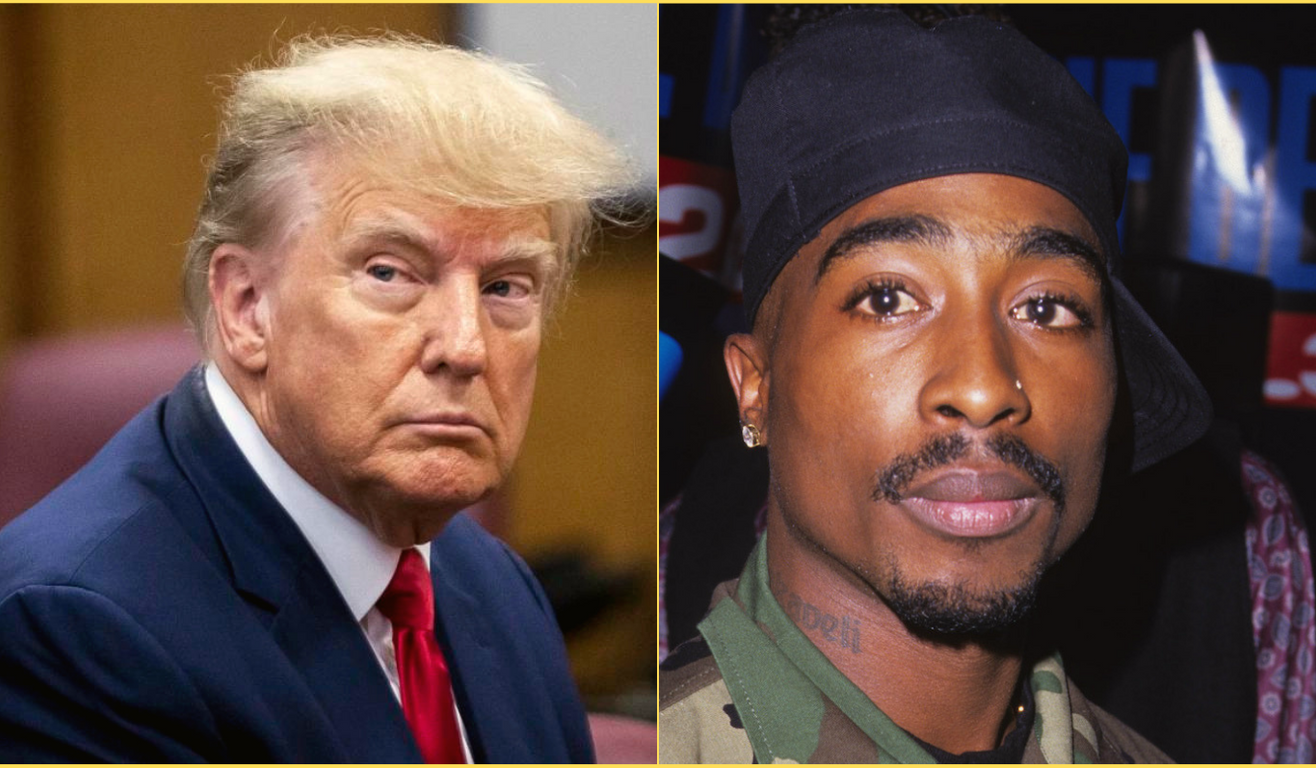There is a reason the Palestinian people and the Israeli government have not been able to come to an agreement to end the Israeli occupation of Palestine for 75 years despite the suffering and of course the chaos, confrontation, and warfare that comes with it.
One of the big reasons, apart from the benefit of occupation that the occupiers get is that whenever there is an effort to proceed with Peace Talks, those who do not want peace and real settlement of the problems always manufacture all sorts of barriers to real dialogue and people waste years talking about the barriers and nobody ever gets to deal with the real issues that need to be addressed.
Kenyans are seeing the exact same trend with the move by President Ruto to engage in dialogue and Peace Talks with Raila Odinga and the Azimio team in an effort to end the confrontation between the government and masses of Kenyans who have taken to the streets to express their worries and concerns about the government of the day.
Let’s not mince words. There are people within the UDA government who see the dialogue between Ruto and Raila as a threat to them politically. They thought they had President Ruto in a box and they were his gatekeepers with both keys in their hands. William Ruto was not supposed to have access to those keys, leave alone invite Raila Odinga to have a discussion on what to do for the country and Kenya out of the chaos it was facing just a week ago. Then Ruto broke the door without the keys and some people are very mad and are trying to lock him back there.
If these Peace Talks and dialogue were not in place today Thursday, April 6, 2023 there would be hundreds of thousands of Kenyans in the streets and the UDA-threatening boys would be hiding under their beds so that they can start screaming at the masses and promising to arrest so and so after the rallies.
If these UDA crooks are principally opposed to the talks, making rounds giving conditions and are not dealt with, these talks will collapse in less than two weeks and Kenya will be right back where it was in the last couple of weeks. Does any Kenyan really want to go back there? Of course not.
So why do people like Rigathi Gachagua and Kimani Ichungwah think they have the power to order President Ruto and Azimio leader Raila Odinga on what they can or cannot talk about? Simple. They thought they were the main Ruto gatekeepers and they see that slipping off.
These confused chaps think if the rallies resume they will have their jobs of standing at the door of the Ruto box back. Today one of them in a meeting with the UK embassy in Kenya told the British High Commissioner that Raila can resume the mass actions as long as he tells the demonstrators not to destroy any property. Would Raila also tell the Kenya police not to kill students and other police thugs not to brutalize and try killing journalists?
Rigathi meanwhile is back with his useless threats of not allowing any demonstrations. He tried that before and when the demos were on he was hiding in his office reading old paper files.
Let’s face the simple fact that if the talks collapse, Kenyans will be back in the streets and this time, you can forget any hopes for a negotiated settlement and it will go to the wire.
This would be really painful and harmful for the country. Those who want it better be told they can get exactly what they want within a few weeks from now if the Peace Talks are destroyed by desperate side shows from those afraid of peace in the country because it could render them unemployed, as Kenyans move forward to build their country and gatekeepers have no gate to keep anymore.
Today several human rights organizations in Kenya came up with a very positive outlook for the Peace Talks and made some sensible demands that both sides need to look into with open minds and come with solutions.

According to media reports, Civil Society Organizations, under the Okoa Uchumi Campaign coalition, have called on political leaders to seize the current opportunity presented by the truce between President William Ruto and Azimio leader Raila Odinga, to work together in addressing the economic challenges bedeviling most Kenyans.
While lauding the truce and suspension of anti-government demonstrations, the rights groups urged Kenyans to remain vigilant in ensuring that their issues are sufficiently addressed.
The groups noted that this is a crucial step towards restoring economic stability in the country, particularly at a time when most Kenyans are struggling to make ends meet due to the global financial crisis, ongoing Russia-Ukraine war, and the current debt crisis.
The CSOs stressed that Kenyans are keen on seeing the truce go beyond political expediency, which has characterized Kenyan politics, to addressing pressing challenges.
“We therefore expect that the bipartisan approach agreed upon by these two leaders, will speak to these present realities,” the CSOs including Kenya Human Rights Commission, MUHURI, Transparency International Kenya, Haki Yetu Organization, Inform Action and Free Kenya said.
They highlighted the need for greater accountability in public debt management as a critical issue.
To avoid economic regression into unsustainable debt levels, the rights groups pointed out that the government must prioritize transparency and accountability in managing the country’s public debt.
Currently, Kenya is grappling with a 4.67 trillion external debt, much of which is held in foreign currencies, affecting our foreign exchange reserves.
They added that prioritizing public debt accountability will ensure that the country has necessary robust countermeasures against the depreciating Kenyan Shilling against the US dollar to plug our fiscal challenges occasioned by the changing global and local landscape.
“We equally expect that the truce will effectively address the cost of living, which affects majority of Kenyan households, particularly as it coincided with the new tariffs announced by KPLC (Kenya Power & Lighting Company) which saw a rise in the cost of tokens by up to 19 percent,” they added.
They questioned why the cost of electricity was still high despite the promise by President Ruto earlier in the year to reduce it to accommodate the harsh socio-economic reality facing most Kenyans.
The CSOs expressed concern over the burden occasioned by the recent announcement of an increase in university fees for new government-sponsored students joining in September this year, from Ksh16,000 to Sh 52,000 per semester.
They cautioned that this trend could result in education becoming a privilege that only a few Kenyans can afford, thereby undermining the country’s vision of inclusive and sustainable development
Kenya Human Rights Commission, one of the oldest human rights in Kenya had previously on April 3, 2023, came with a comprehensive look into what ails the country and where the politicians need to focus on to offer some real political and economic relief to Kenyans.

The above state of affairs amounts to a crisis of human rights and governance that is avoidable and unnecessary.
Noteworthy, this is not the first time the country is going through such a fragile moment requiring national dialogue as similar scenarios were witnessed during the 1997 crisis that culminated in the establishment of the Inter-Party Parliamentary Group, the 2005 referendum, the 2007/08 post-election violence that led to the formation of a coalition government, the 2017 general elections contestations that led to a repeat of the Presidential polls, and the recently concluded 2022 election processes that continue to face opposition.
Unfortunately, the National dialogues have resulted in minimal reforms safe for the 2007/08 National Accord and Reconciliation process.
Considering the matters and the latest developments in the state of the nation, we make the following demands:
The government MUST urgently come up with a pro-poor and rights-based framework to deal with the high cost of living to realise the Economic and Social Rights aspirations outlined under Article 43 of the Constitution of Kenya.
We call on CRITICAL offices among them the Independent Policing Oversight Authority (IPOA), Kenya National Commission on Human Rights (KNCHR) and the National Cohesion and Integration Commission (NCIC) to investigate the conduct of the police, political class and civilians that is against the rule of law during the demonstrations and take requisite legal actions
We URGE the police and citizens to act within the law. As a democratic country, Kenya values the right to freedom of expression, assembly and association as guaranteed in the Constitution and ANY attempts to claw back the gains made will be resisted vehemently.
The liberalisation and indigenisation of the media industry have grown full circle and bolstered our democracy and as such media MUST be allowed to operate freely and without fear of intimidation, reprisal and violence.
The bipartisan parliamentary approach to redress outstanding electoral issues MUST take a multi-sectoral approach and ensure inclusivity and comprehensive resolution of historical and emerging governance issues bedeviling the country; be opened up to other critical players including civil society actors, professional associations, faith-based organisations, student leadership, private sector, trade unions, media, and other civic formations.








